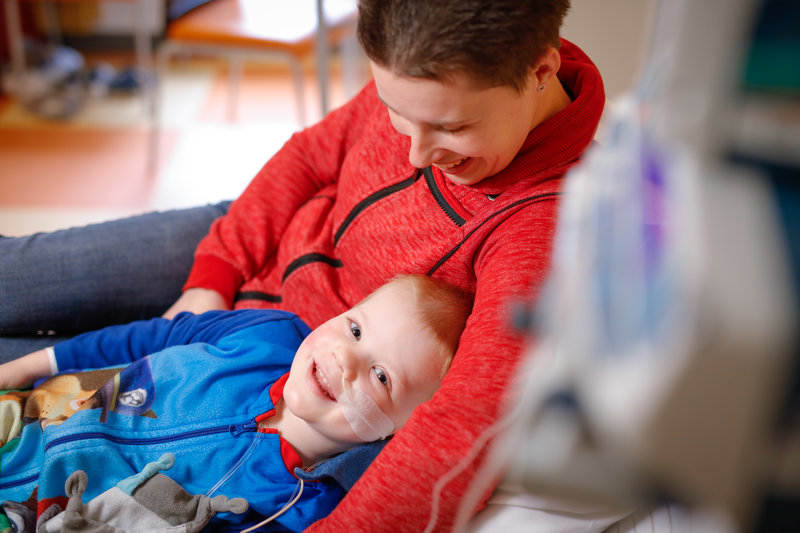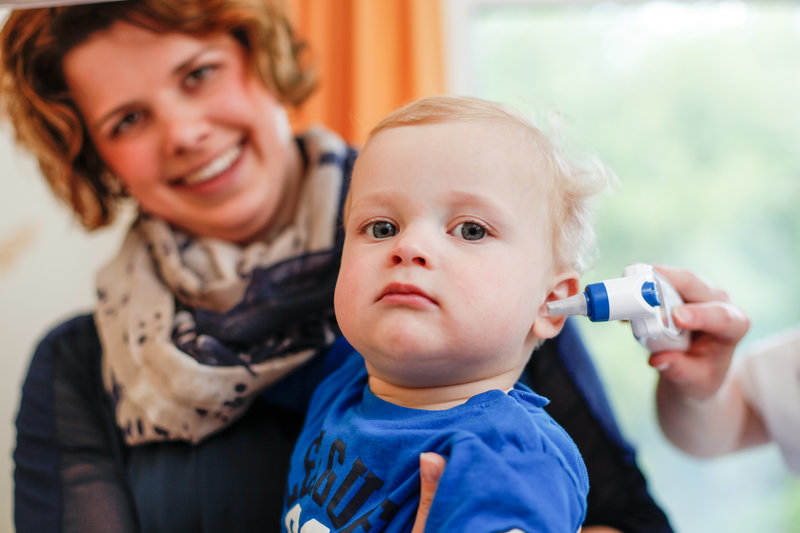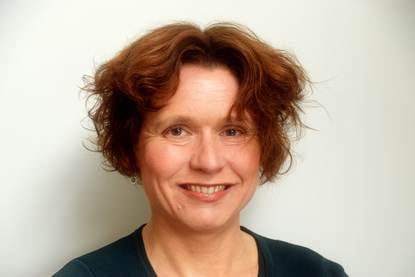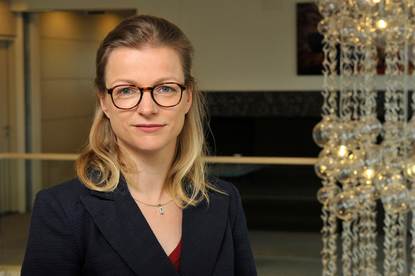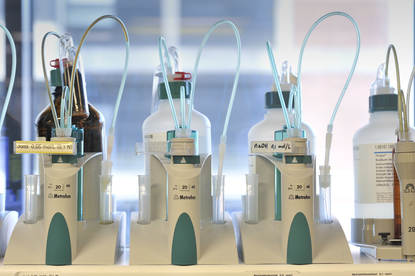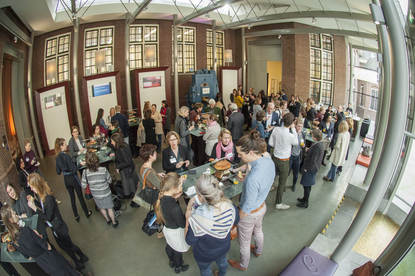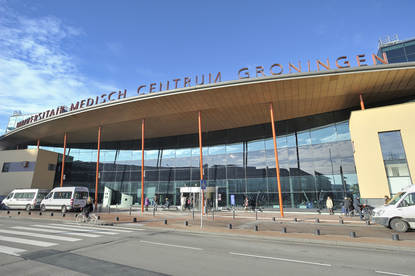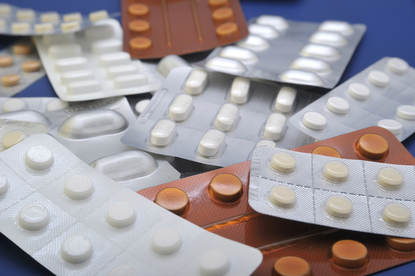Maaike van Dartel, alternate member of the Paediatric Committtee and clinical assessor at the MEB, responds to the interview with Saskia de Wildt. She considers the interaction between regulatory authorities and companies, but also the collaboration between the MEB, Kinderformularium and Dutch paediatricians of great value.
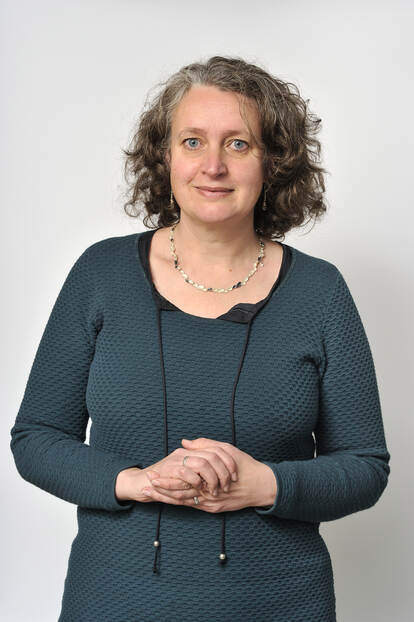
With her work, Saskia de Wildt actively contributes to improving the accessibility to medicines that have been specifically developed and researched for use in children. Many medicines used in children are only developed for adults. Although dosage and formulation might be adapted for use in children, most of the time it is unclear what the optimal dose is.
Furthermore, efficacy and safety in children is not studied. The use of adult medicines in children comes with the risk of inefficacy and/or adverse reactions. The projects PEDMED-NL and C4C in which Saskia the Wildt is involved, are important initiatives to improve the development of medicines for children.
Interaction between regulatory authorities and companies, but also the collaboration between the MEB, Kinderformularium and Dutch paediatricians is considered of great value.
The use of adult medicines in children is considered a problem not only by paediatricians, parents and patients but also by the European Commission and regulatory authorities. In 2017 the paediatric regulation came into force1. By this regulation pharmaceutical companies are obligated to investigate the efficacy and safety of a new medicine, formulation or indication also in children.
In 2017 the paediatric regulation was evaluated. Although currently more clinical studies in children are conducted, and for more medicines a paediatric indication is granted, there are still some challenges to improve further the availability of good medicines for children. Also mentioned by Saskia de Wildt, to conduct the clinical paediatric studies is difficult, even with a well thought study plan.
It is clear that only when all participants work together further steps for better paediatric medicines, can be taken.
Completion of the paediatric studies are often delayed and recruiting sufficient numbers of paediatric patients appears to be hard. These problems, are recognised in the 10 year evaluation report2. In March 2018 these problems were discussed with different stakeholders (companies, physicians, patients and regulators), based on this meeting an action plan for the coming two years will be drawn up3.
It is clear that only when all participants work together further steps for better paediatric medicines, can be taken. Therefore, interaction between regulatory authorities and companies, but also the collaboration between the MEB, Kinderformularium and Dutch paediatricians is considered of great value.
- (Regulation (EC) No 1901/2006 of the European Parliament and of the Council of 12 December 2006 on medicinal products for paediatric use and amending Regulation (EEC) No 1768/92, Directive 2001/20/EC, Directive 2001/83/EC and Regulation (EC) No 726/2004)
- State of Paediatric Medicines in the EU. 10 years of the EU Paediatric Regulation. Report from the Commission to the European Parliament and the Council, 2017. Via www.ema.europa.eu.
- How to better apply the Paediatric Regulation to boost development of medicines for children. Report on a multi-stakeholder workshop held at EMA on 20 March 2018. Via www.ema.europa.eu.
